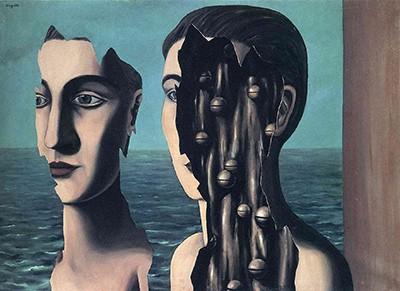OK, I should be clear, if I could create a digital duplicate of myself, I would. But the very concept raises a number of concerns, which are addressed at length in this paper. Daniel Dennett, for example, argued that "counterfeit [digital] people are the most dangerous artifacts in human history, capable of destroying not just economies but human freedom itself." I'm less worried. For the sake of argument, I assume that they will work correctly (not misrepresent me, not be biased or prejudiced, not give all my data to Microsoft). Then, even the disadvantages turn into advantages. For example, while "controversies have arisen in recent years as a result of universities in Canada and the UK continuing to provide pre-recorded lectures from deceased members of staff," I hope people still want to listen to me after I'm gone. A digital copy facilitates that! Also, if my digital copy is any good (and if I have unique skills), my digital copy could do my job while I travel to the Galapagos. Via Philosophical Disquisitions.
Today: 0 Total: 418 [] [Share]




